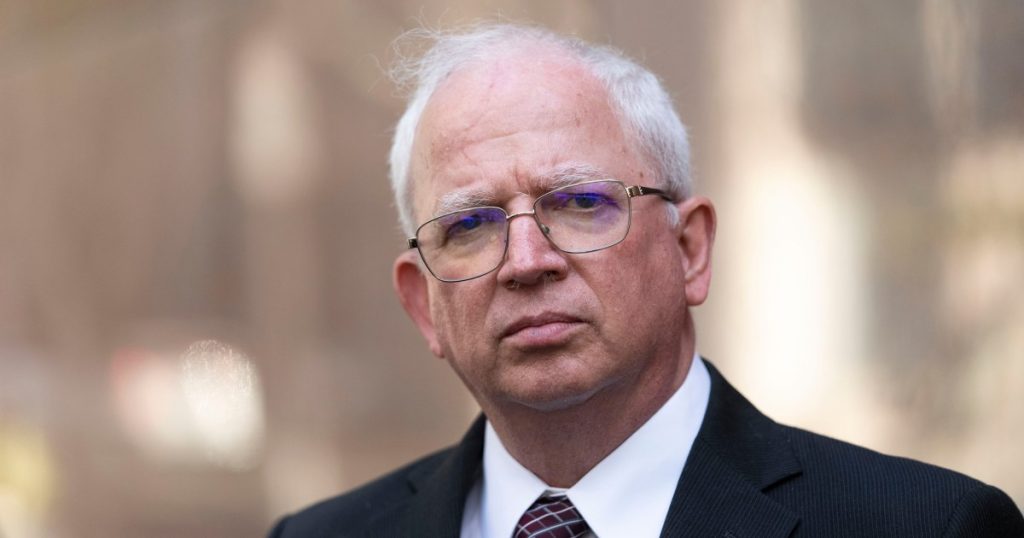A judge recommended that John Eastman be disbarred in California for his involvement in promoting a strategy to have then-Vice President Mike Pence reject electoral votes for Joe Biden during a joint session of Congress on Jan. 6, 2021. The judge found Eastman guilty of 10 out of 11 disciplinary charges, including misleading a court, making false statements, and failing to support the Constitution. However, she dismissed one count of moral turpitude related to comments Eastman made at the “Stop the Steal” rally on Jan. 6, 2021, as there was no evidence that his statements contributed to the assault on the Capitol.
Eastman’s attorney defended his client’s actions, stating that Eastman’s legal assessment after the 2020 election was based on reliable legal precedent, research of constitutional text, and scholarly material. The attorney argued that Eastman was following the same process undertaken by lawyers every day and everywhere, as they are ethically bound to be zealous advocates for their clients. The judge ordered Eastman to be transferred to “involuntary inactive status,” prohibiting him from practicing law in California while his case is under review by the Supreme Court. Eastman’s team expressed confidence that the State Bar’s Review Court will promptly address the issue.
Eastman is also facing other legal challenges, including being indicted in August along with 18 co-defendants for his involvement in the fake elector scheme aimed at keeping Trump in office after the 2020 election. Four defendants have pleaded guilty in this case, while Eastman, along with Trump, has pleaded not guilty. The State Bar initiated an ethics investigation into Eastman’s conduct in March 2022 and had requested the court to revoke his license to practice law in California. The judge’s recommendation for disbarment adds to the legal troubles Eastman is currently facing.
The court found that the State Bar of California’s chief trial counsel’s office had proven the majority of its allegations against Eastman, leading to the recommendation for disbarment. Eastman’s involvement in promoting a strategy that was not supported by facts or law and his failure to uphold the Constitution were cited as reasons for the decision. The judge’s ruling highlights the seriousness of Eastman’s actions and their impact on the integrity of the legal profession. By ordering him to be placed on inactive status, the court is taking measures to protect the public and uphold the standards of ethical conduct expected from legal professionals.
Eastman’s attorney emphasized that the handling of legal issues after the 2020 election was done in accordance with established legal practices and ethical obligations. He maintained that Eastman’s actions were part of his duty as a zealous advocate for his clients, and that the process undertaken by Eastman was no different from what other lawyers do on a daily basis. The legal defense presented for Eastman showcases the differing perspectives on his conduct and the interpretation of his actions in relation to professional ethical standards. The ongoing legal proceedings will provide further insights into the implications of Eastman’s involvement in the post-election events and the consequences of his actions.












